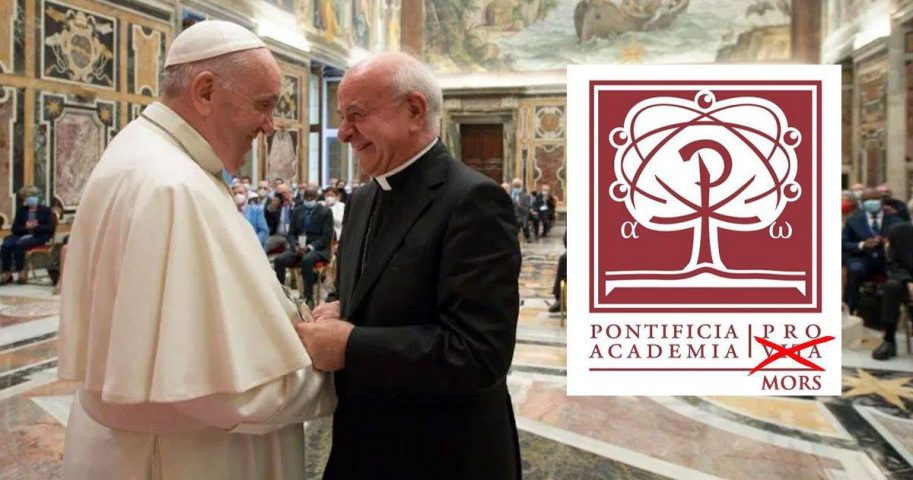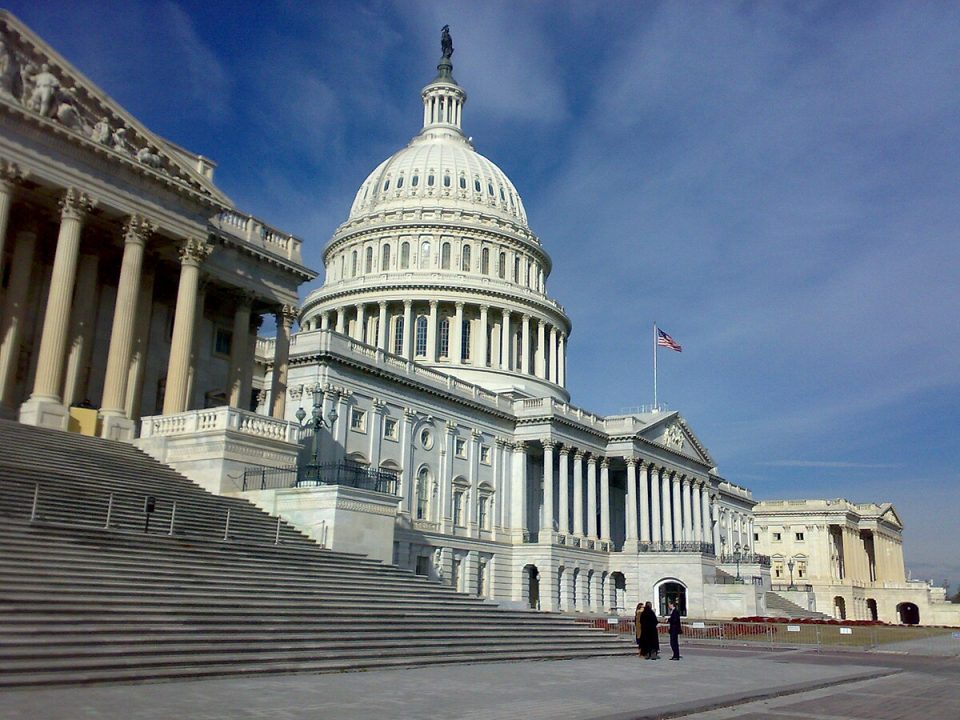Pontifical Academy of Death: ‘Yes’ to Euthanasia and Artificial Insemination, by Tommaso Scandroglio

New York Doomed to Be Migrant Central — Other Cities Take Note, by Betsy McCaughey
March 22, 2024
In Ireland, a Shift in the Global Political Trend? by Phil Lawler
March 22, 2024
paglia-death. Complicit Clergy
By Tommaso Scandroglio, New Daily Compass, March 21, 2024
The ban on euthanasia causes worse harm than good; green light to homologous fertilisation: these are the resounding statements contained in the book La gioia della vita (The Joy of Life), a joint reflection of the theologians of the Pontifical Academy for Life (Pav). And even the Bible can be corrected. It’s an unapologetic declaration of heresy.
La gioia della vita (The Joy of Life) is a text, published last month, and “the fruit of the common reflection of a qualified group of theologians who met on the initiative of the Pontifical Academy for Life”, as the cover page states. A text born as a basis for the work of the seminar of the Pontifical Academy for Life (Pav) in 2021 and now published to celebrate the upcoming 30th anniversary of Evangelium vitae (not the 25th as Monsignor Vincenzo Paglia, president of Pav, writes). The errors in this text are so numerous and grave that the volume Joy of Life certainly cannot be considered celebratory of John Paul II’s work.
For reasons of space, we must focus on only a few issues, and even then only partially. The first: euthanasia. To prohibit or not to prohibit? The text states that it is good not to prohibit because “greater harm could result to the public good and civil coexistence, amplifying conflict or favouring clandestine forms of officially illegal practices” (p. 150). But Thomas Aquinas, often misquoted in this volume but not in this case, says: “[Those vices] harmful to others, without the prohibition of which human society cannot subsist, such as murder, theft and the like, are prohibited” (Summa Theologiae, I-II, q. 96, a. 2 c.).
Euthanasia is murder and therefore as such must always be prohibited even if, by hypothesis, such a prohibition would increase civil strife and foment clandestine euthanasia (as a side note: all murders are clandestine) because without the prohibition the common good would be destroyed. What happens if euthanasia is legitimised? “It has the disadvantage of ‘endorsing’ and to some extent justifying an ethically controversial or rejected practice. […] The question arises, however, whether criminal and civil liability – for example in the case of assisting suicide – could not be nuanced, within clearly established limits and at the conclusion of a cultural and political-institutional debate’ (p. 151). It is not permissible to question the legitimacy of assisted suicide: the only morally valid option is its prohibition.
Continue reading at Daily Compass




